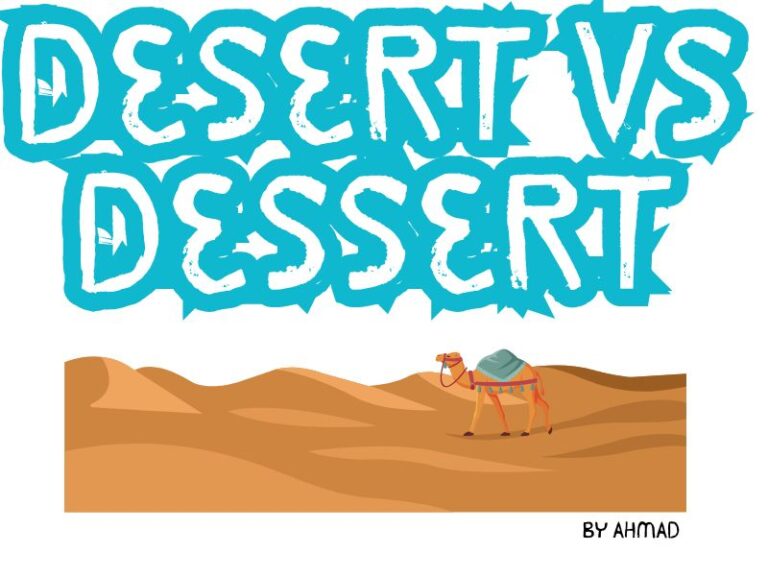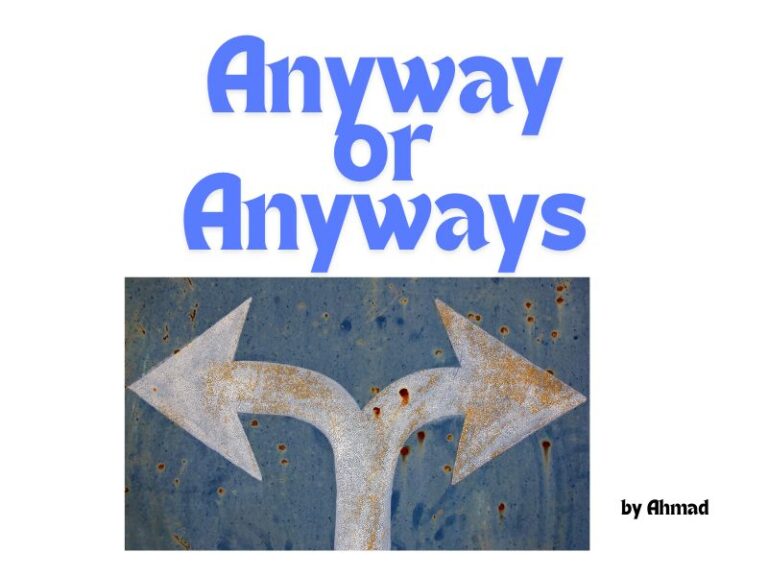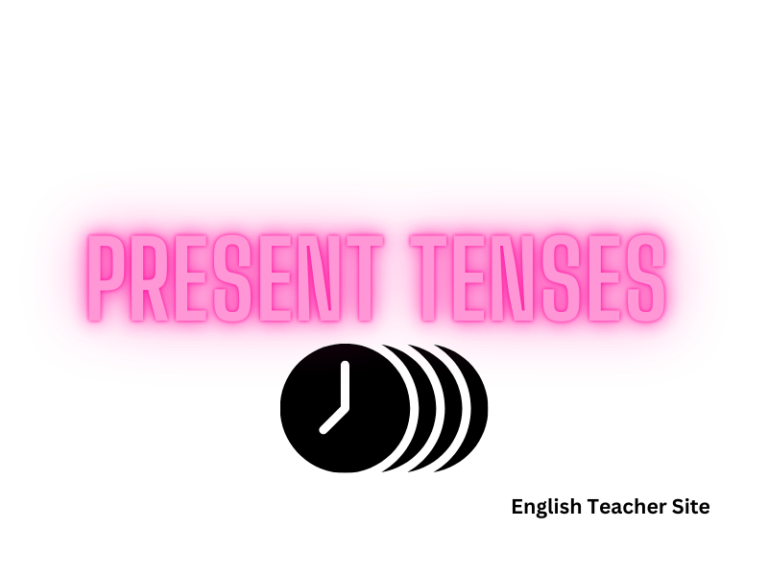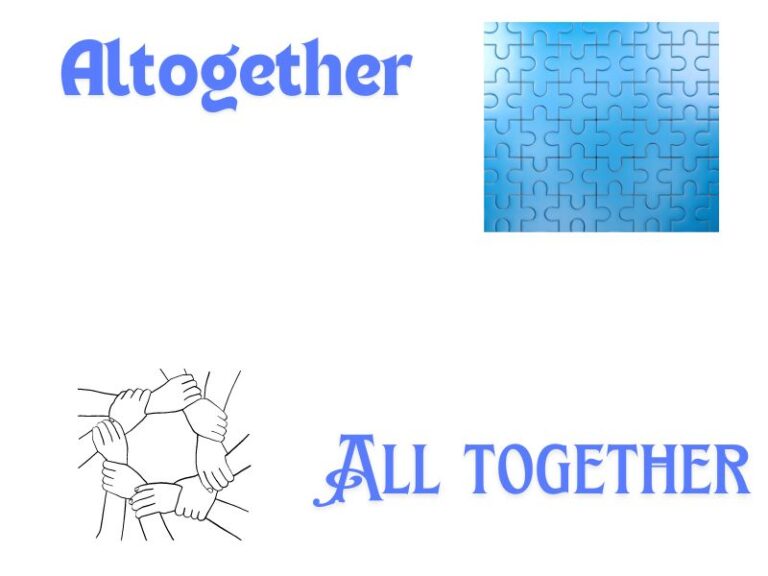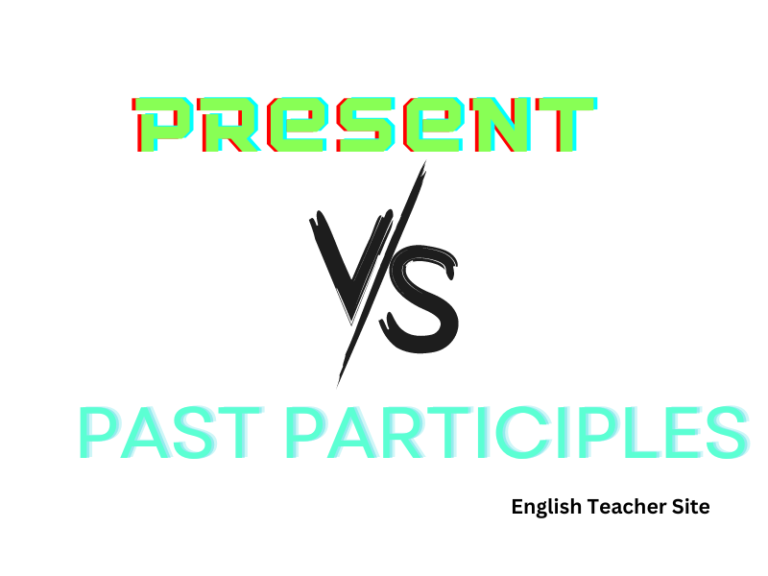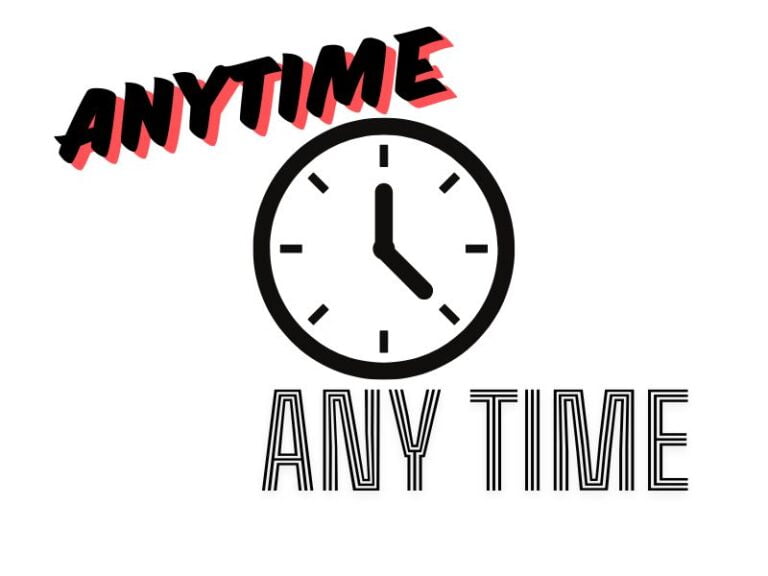Animal Collectives: A Complete List of Collective Nouns for Animals Explained
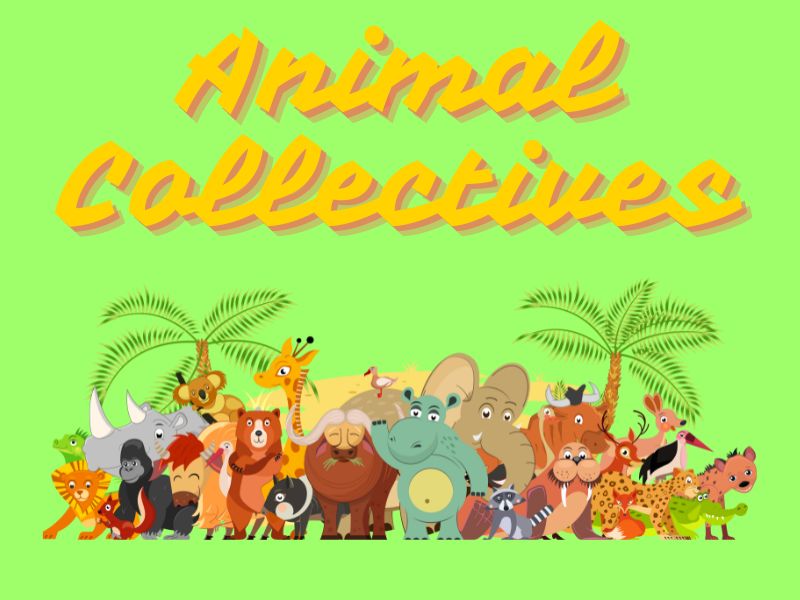
These collective nouns for animals range from the familiar to the obscure, offering an intriguing insight into the animals they describe. Such terms add a collective identity to various animal species and can serve as a mnemonic device to help remember groups of animals.
Understanding and using the appropriate collective nouns for animals is not only a sign of linguistic prowess but also enhances the clarity and color of communication.
Terminology and Usage
When discussing collective nouns, it is essential to understand that these are terms used to describe a group of entities of the same species. Collective nouns can be both whimsical and pragmatic, often derived from observations of animal behavior or characteristics.
Below are two tables that categorize some common animal collective nouns:
Table 1: Terrestrial Animal Collective Nouns
| Animal | Collective Noun |
|---|---|
| Crows | A flock of crows |
| Geese (Land) | Gaggle |
| Lions | Pride |
| Wolves | Pack |
Table 2: Aquatic Animal Collective Nouns
| Animal | Collective Noun |
|---|---|
| Fish | School |
| Dolphins | Pod |
| Whales | Pod |
| Jellyfish | Smack |
The usage of these terms can add color and precision to language, allowing one to convey specific details about the group being described. Some terms have become so common that they are widely recognized and understood:
- A pod of dolphins
- A pack of wolves
- A colony of ants
These collective nouns are not only fascinating linguistic tools but also serve as a reflection of the intricate social structures within the animal kingdom.
Common Animal Collectives
In the animal kingdom, specific terms are used to describe groups of animals. These collective nouns often have historical and folkloric origins, providing an interesting glimpse into language and animal behavior.
Mammalian Collectives
- Herd: Commonly refers to a group of grazing ungulates like deer or elephants.
- Pride: A family unit of lions, usually consisting of related females and their offspring, along with a smaller number of adult males.
- Pack: Typically denotes a group of canines, such as wolves or dogs.
- Mob: Often used for groups of kangaroos or wallabies.
- Troop: A collection of monkeys or baboons.
Avian Collectives
- Flock: A general term for a group of birds, particularly when in flight.
- A flock of crows: Specifically refers to a group of crows.
- Gaggle: A noisy group of geese on the ground; in the air, this group becomes a skein.
- Kettle: A term for a group of circling birds of prey during migration.
Aquatic and Amphibious Collectives
- School or Shoal: Terms used interchangeably for a large group of fish.
- Pod: Commonly describes a group of marine mammals such as dolphins or whales.
- Raft: Often refers to a group of waterfowl on the water.
Insect and Arthropod Collectives
- Swarm: Typically associated with bees or other insects in flight.
- Colony: Used for a group of ants or bees when referring to their integrated community.
Reptilian and Others
- Bask: A group of crocodiles.
- Knot: A cluster of toads.
- Nest: Can refer to snakes and some other reptiles in a breeding congregation.
| Animal Group | Collective Noun |
|---|---|
| Lions | Pride |
| Crows | A flock of crows |
| Dolphins | Pod |
| Geese (ground) | Gaggle |
| Fish | School |
| Ants | Colony |
| Crocodiles | Bask |
Collectives for lesser-known or more specific animals include:
- Drift or Parade: When referring to a group of pigs.
- Scurry: A scuttling group of squirrels.
- Business: An apt term for a group of busy ferrets.
Utilizing appropriate collective nouns not only enhances the precision of language but also enriches our understanding of these animals’ social structures and behaviors.
My name is Khamis Maiouf. I am the creator of the English Teacher Site, dedicated to providing valuable resources and insights for students around the world. With a passion for education and a commitment to helping students enhance their skills, I aim to make English teaching more effective and enjoyable for both educators and students.

